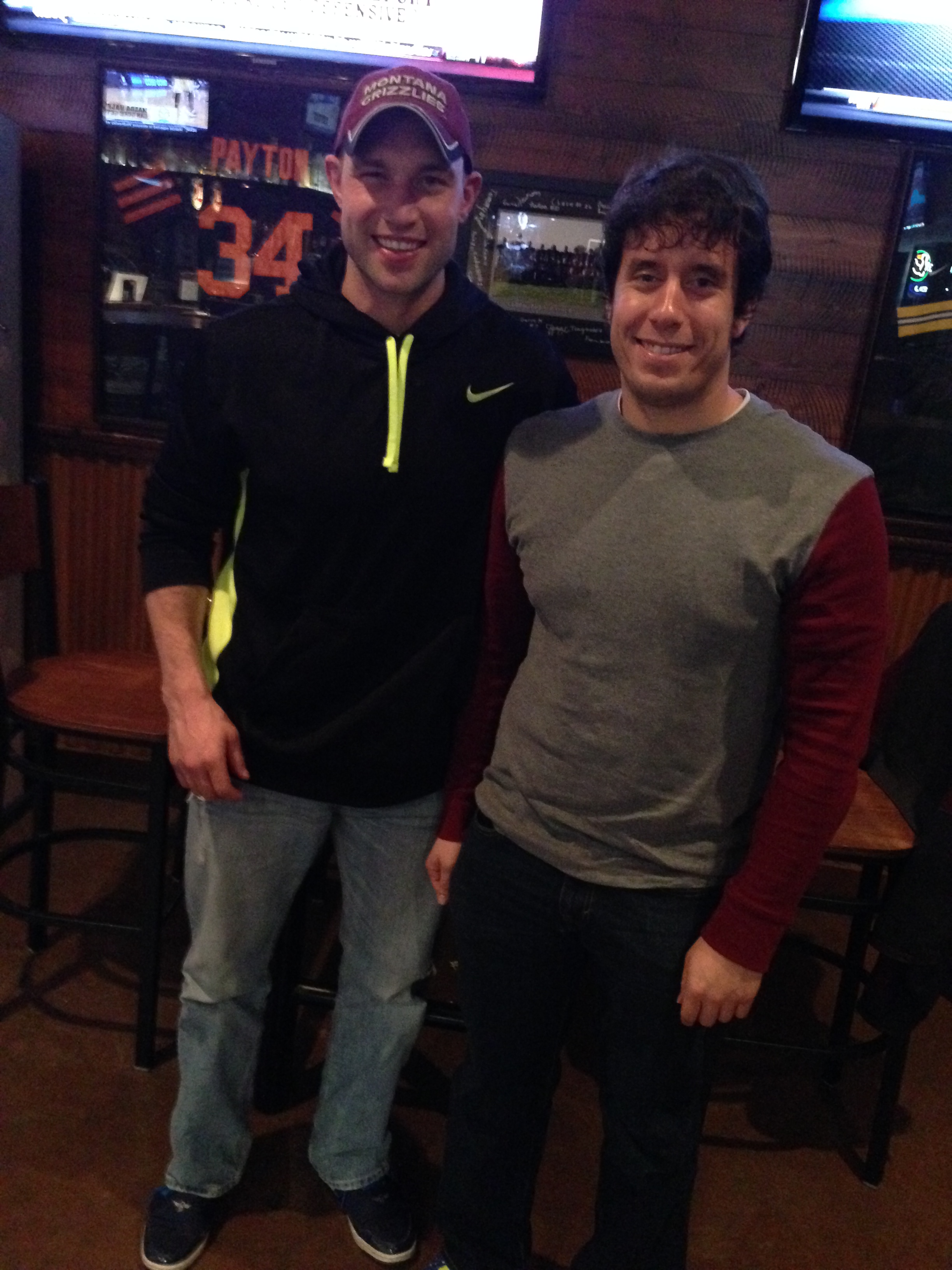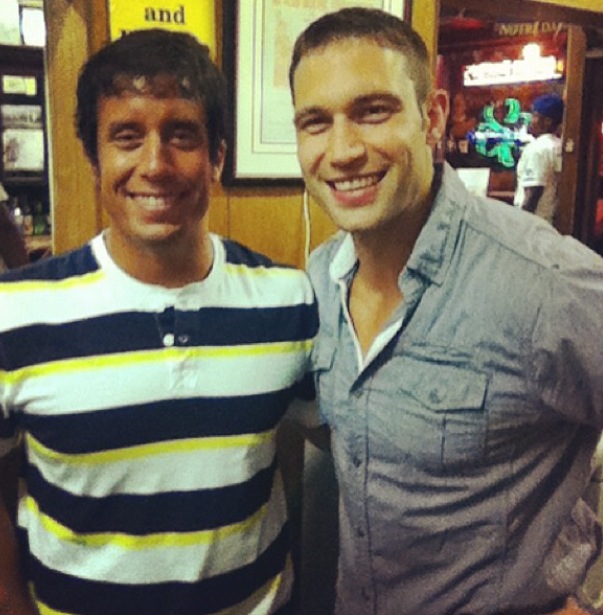Exactly three years ago, I wrote a blog post that detailed the experiences of Bryden Vukasin, a former cast member on “The Bachelorette.” The night before I published that particular entry I sat down with Bryden to pick his brain at a now defunct restaurant/bar in Missoula, Montana. He graciously answered every question I had about his experience with stardom in the world of reality TV. Our conversation opened my eyes to the fact that many of these programs rely both on authentic and rehearsed components.

I published my blog post about Bryden Vukasin exactly three years ago on January 7, 2014.
This morning I asked myself this question: After three years, has reality television improved when it comes to delivering “reality”? I wanted to write a blog post taking one side or the other, either asserting that the genre has improved in portraying a genuine experience or vehemently arguing that it has gone completely downhill in serving viewers a load of scripted crap. However, after going back and forth I reached the conclusion that reality TV has not shifted either way.

Bryden Vukasin and I during the summer of 2013.
I believe that reality TV can be categorized in two separate camps:
1. The shows that are centered around a competition and don’t need actors or a predetermined script to skew reality.
2. The shows that revolve around a family, business, moral ground, theme, or a makeover that needs an extra shot of energy to make it interesting to viewers.
Shows in my first group include “The Bachelorette,” “Big Brother,” “The Apprentice,” and “Survivor.” These programs pick casts comprised of competitive, motivated, successful people. They then bait these individuals with a significant prize, whether it be money or a potential spouse. The recipe of above average people battling it out for a grand prize makes for television that doesn’t need significant scripting. Rather, it just needs the type of touching up that Bryden explained such as recreating events or editing scenes for optimal suspense (such as the rose ceremonies).
When it comes to shows in the second group, we are looking at programming such as “The Kardashians,” “The Jersey Shore,” “Bar Rescue,” “Vanderpump Rules,” “The Real Housewives,” and many, many more. Producers have to constantly bring in outside talent and introduce unlikely events to make these episodes entertaining. But make no mistake about it, when it comes to generating viewers, this formula works. The thing is, I don’t think many of us who watch these shows have wool over our eyes. It doesn’t take an interview with a “Bar Rescue” cast member to know that the show is fake. As reasonable beings, we can all identify that shows such as “The Kardashians” aren’t based on reality. However, just because the name of the genre might be deceptive does not mean we can’t enjoy it.

Even though we know that many of these shows skew reality, it doesn’t mean we stop watching them or liking them. Sidney and I once went on a road trip where we visited three different bars that were featured on “Bar Rescue.” This image is of Sidney and I in front of the tank at Klick’s 22.
Reality TV over the past three years has changed much less than it had the three years prior. People who work in TV are smart and know what works. By 2014, the reality show formula was down to a science. If it isn’t broke, why fix it? Look for the reality TV landscape in 2020 to look very similar to that of 2014 and 2017. Don’t Blink.
